Contact Lenses That Help You Stay Comfortable During Allergy Season
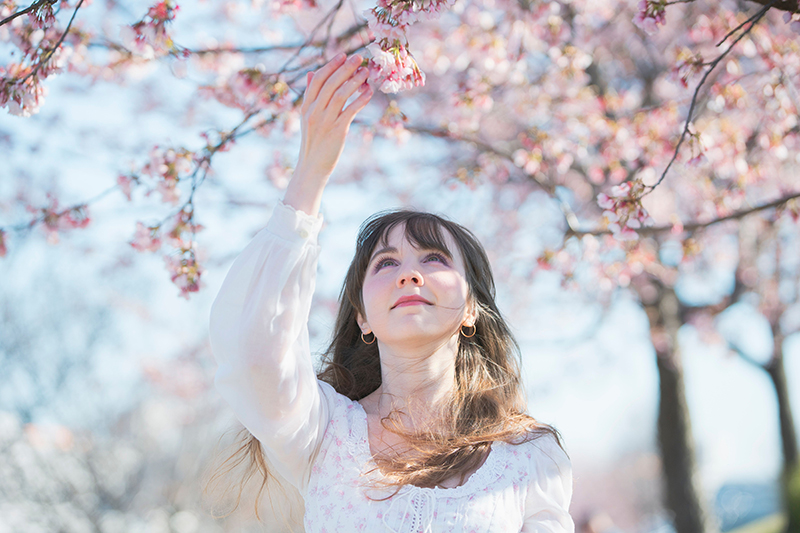
Spring is beautiful—unless you suffer from allergies.
As winter fades and the days grow warmer, spring brings a welcome change for many.
But for those with seasonal allergies, it can also mark the beginning of itchy eyes, sneezing, and daily discomfort.
If you wear contact lenses, you may notice eye irritation, redness, or a gritty feeling, especially during peak pollen season.
Have you ever wished your contacts could feel more comfortable during this time of year?
Daily disposable lenses make a difference
One of the best ways to reduce eye irritation during allergy season is to switch to daily disposable lenses.
By using a fresh pair each day, you can avoid the buildup of pollen, protein, and other irritants that cling to lenses over time.
The right lens material matters
Wearing daily lenses can help during allergy season but the material of your lenses also plays an important role. Some lenses, like nonionic ones, are less likely to attract allergens which helps keep your eyes clearer and more comfortable.
We’ll take a closer look at non-ionic lenses later in this blog.
What Are Non-Ionic Contact Lenses?
Characteristics of Non-Ionic Materials
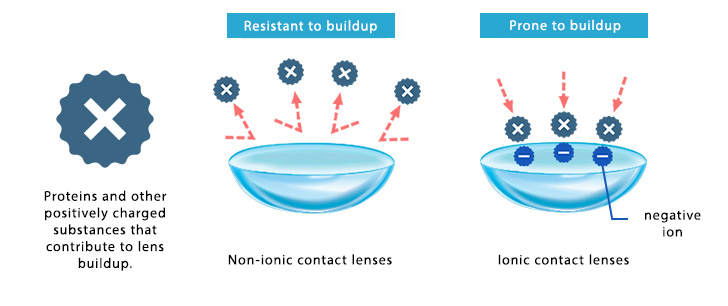
Non-ionic contact lens materials are less likely to carry an electric charge, which makes them more resistant to attracting deposits such as proteins and lipids (which tend to carry a positive charge). As a result, lenses made from non-ionic materials tend to maintain clearer vision for a longer period.
Why Non-Ionic Contact Lenses Help During Allergy Season
Pollen and tears contain proteins and lipids that carry a positive electrical charge (positive ions). Ionic contact lenses, which are negatively charged, attract these particles, leading to buildup on the lens surface. This buildup can cause discomfort and is difficult to remove.
Non-ionic lenses, on the other hand, do not carry an electrical charge, so they repel these positively charged particles. As a result, they resist deposits from pollen and tears, helping to keep lenses cleaner and more comfortable—especially during allergy season when pollen levels are high.
How to Identify Non-Ionic Materials
You can check the “Soft Contact Lens Classification” (FDA classification) on the product packaging or in the instructions.
If the lens is listed as:
- Group I (low water content, non-ionic)
- Group II (high water content, non-ionic)
Then it is made from a non-ionic material.
The FDA (U.S. Food and Drug Administration) classifies soft contact lenses into four groups based on their material properties.
This classification is widely used internationally as a reference standard, and many soft contact lens packages indicate which group the lens belongs to.
Our Popular Non-Ionic Contact Lenses
During allergy season, switching to daily disposable lenses—especially those made from non-ionic materials—is one of the most effective ways to reduce eye irritation and discomfort.
Daily lenses help prevent pollen, protein, and lipid buildup by giving you a fresh, clean lens every day.
That said, some people may still prefer fortnightly or monthly lenses for reasons like habit, cost, or convenience.
If you use fortnightly or monthly lenses, consider switching to non-ionic materials during allergy season for better comfort. Regardless of lens type, be extra diligent with cleaning—pollen sticks easily and can worsen symptoms if not properly removed. Always rinse and rub your lenses thoroughly to keep them clean and comfortable.
Below are some of our best-selling non-ionic lenses, categorised by type:
Daily Lenses
Qieto1day Rich (30 Pack)
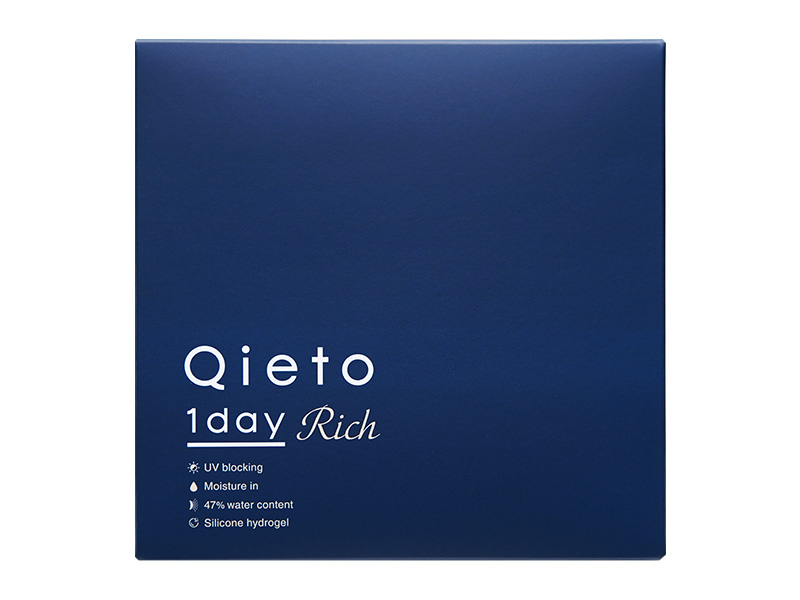
NZ$34.90
Exclusive to our group of companies — affordable, more comfortable silicone hydrogel lenses. Find out more.
Dailies Total 1 (30 Pack)
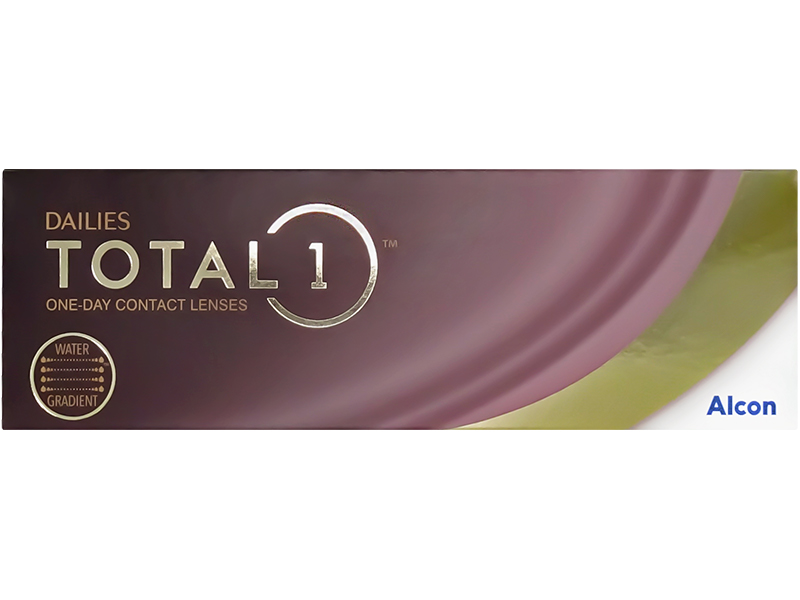
NZ$52.90
One of the market-leading brands — breathable silicone hydrogel lenses, ideal for extended wear. Find out more.
Acuvue Oasys 1-Day with HydraLuxe (30 Pack)
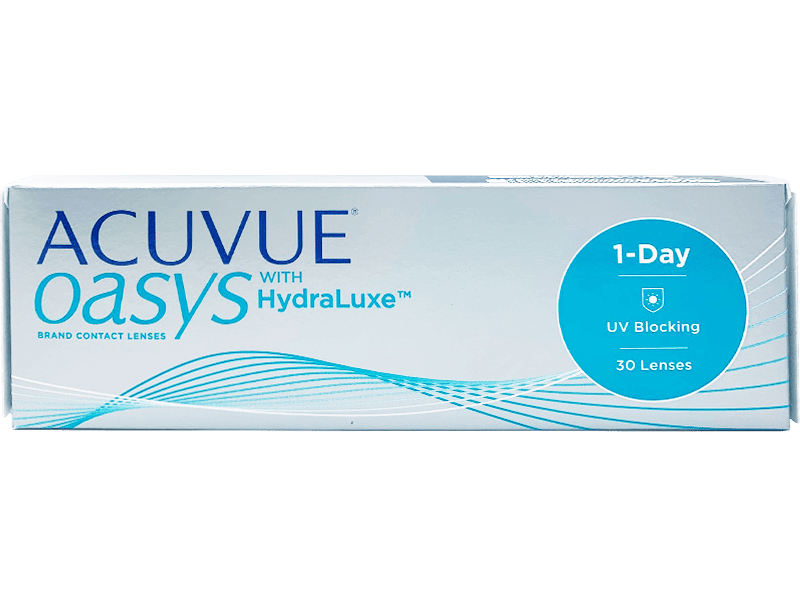
NZ$56.90
Popular ACUVUE brand lenses — silicone hydrogel with a moisturising effect for all-day comfort. Find out more.
Biotrue ONEday (30 Pack)
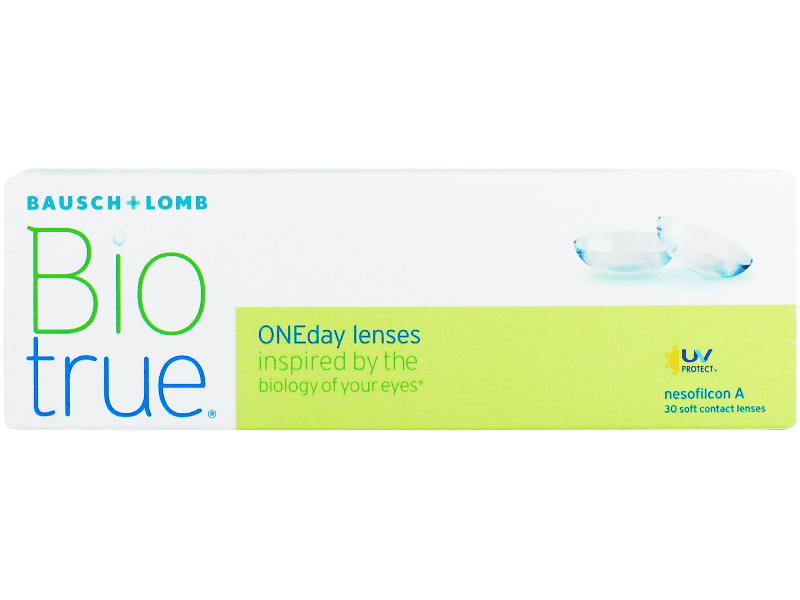
NZ$41.90
High water content lenses — for all-day comfort, optimal oxygen flow, and superior moisture retention. Find out more.
Fortnightly Lenses
Qieto2week Rich (6 Pack)
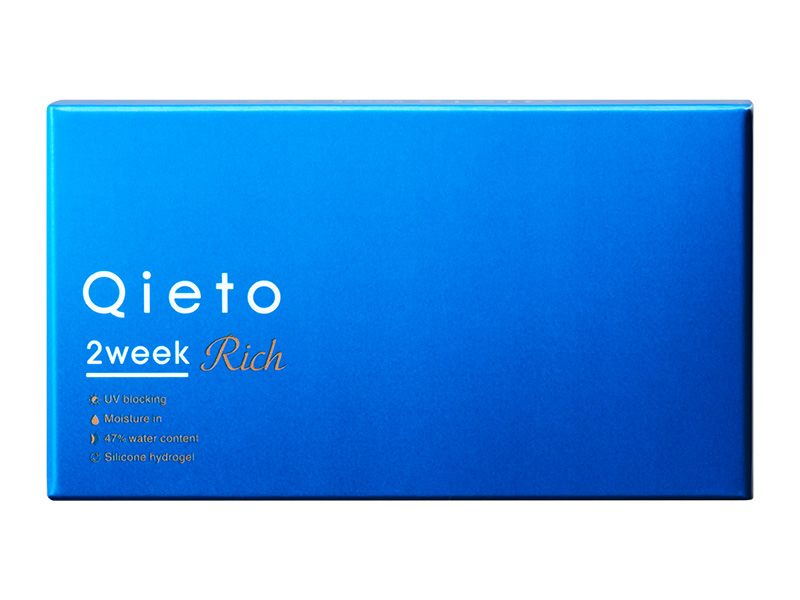
NZ$25.90
Exclusive to our group of companies — affordable, more comfortable silicone hydrogel lenses. Find out more.
Acuvue Oasys (6 Pack)
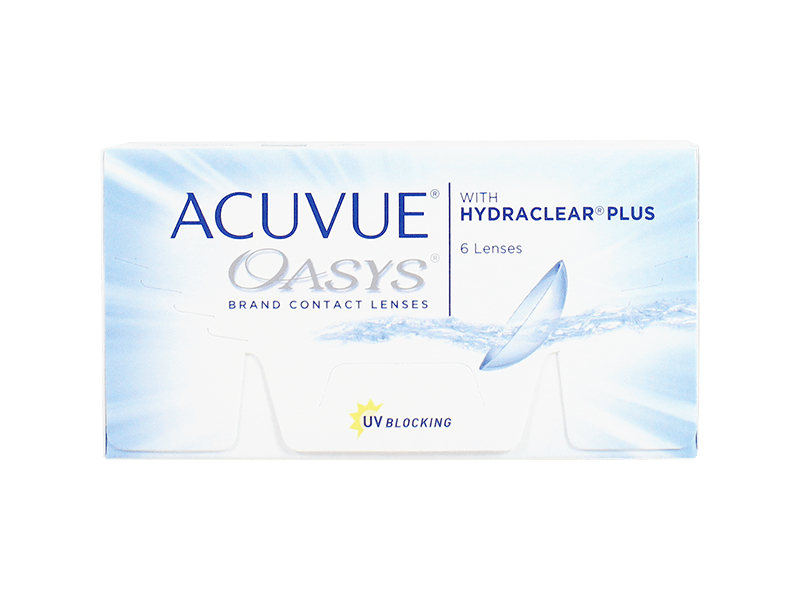
NZ$42.90
A long-standing favourite in the market - silicone hydrogel with a moisturising effect for all-day comfort. Find out more.
Monthly Lenses
Biofinity (6 Pack)
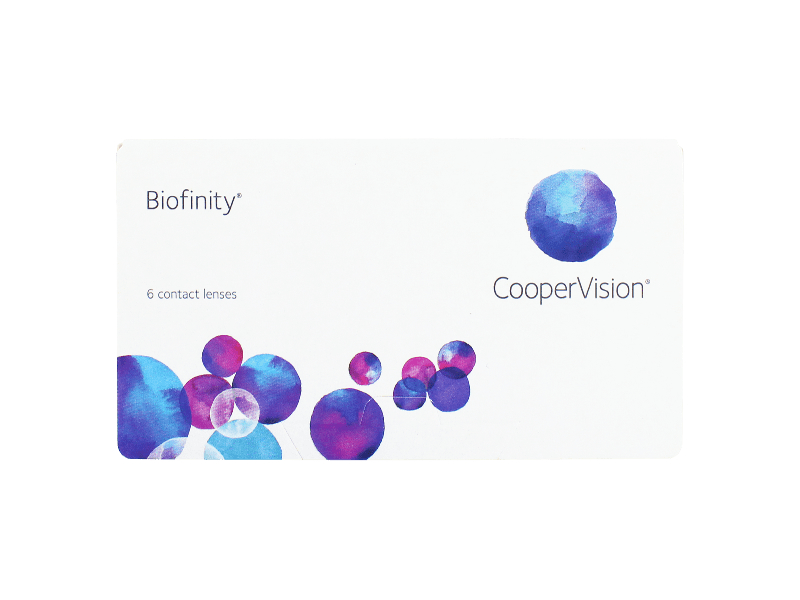
NZ$59.90 Unbeatable Price!
A long-standing favourite in the market — silicone hydrogel with a moisturising effect for all-day comfort. Find out more.
Air Optix Hydraglyde (6 Pack)
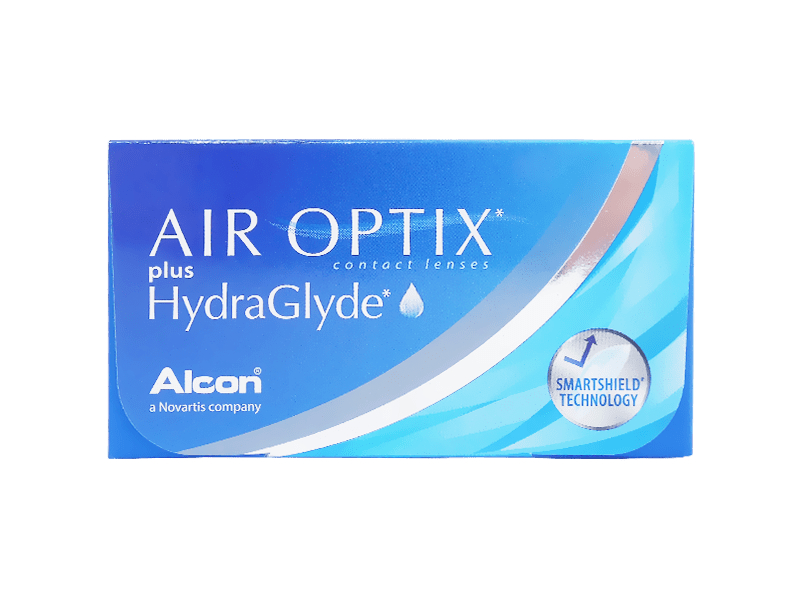
NZ$56.90
With Alcon’s SmartShield Technology ― a thin shield against deposits and silicone hydrogel for all-day comfort. Find out more.
More Than Just Contact Lenses: Additional Tips for Allergy Season

Regarding contact lenses, especially during the pollen season, switching to daily lenses or non-ionic contact lenses is recommended whenever possible. Here, we also introduce other effective pollen allergy measures.
- Limit Outdoor Exposure to minimise Symptoms
Stay indoors as much as possible during high pollen days to reduce exposure and relieve symptoms. - Arrange the Indoor Environment
Keep windows and doors closed, use air purifiers, and clean regularly to minimise indoor pollen. - Wearing contact lenses that minimise exposure to pollen
Choose lenses designed to reduce pollen adhesion to lessen allergic reactions. - Relieve hay fever symptoms with effective eye drops
Use allergy eye drops to soothe itching and redness; consult your eye care professional for proper use. - Opt for eyeglasses instead of contact lenses
Wearing glasses can protect eyes from pollen and make applying eye drops easier. - Consult with your eye doctor
Get personalised advice on managing allergies and eye care during pollen season.
See also our blog: "Essential Tips for Contact Lens Wearers with Seasonal Allergy."

For those who suffer from seasonal allergies every year, I hope this information can help you get through the challenging season with a little more ease.
Wishing you all the best in staying comfortable during this tough time, and I sincerely support your health and eye care.
